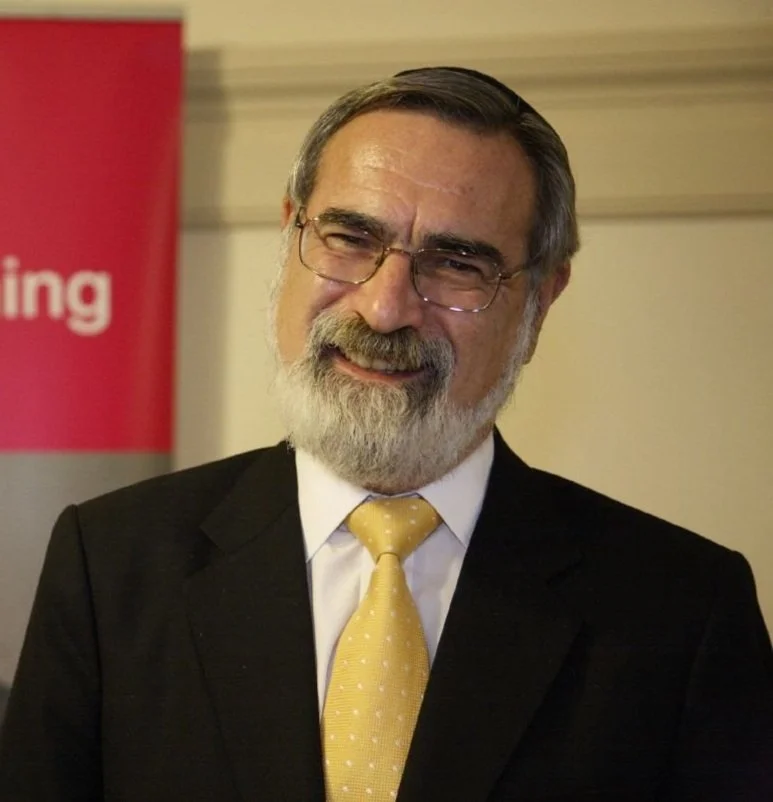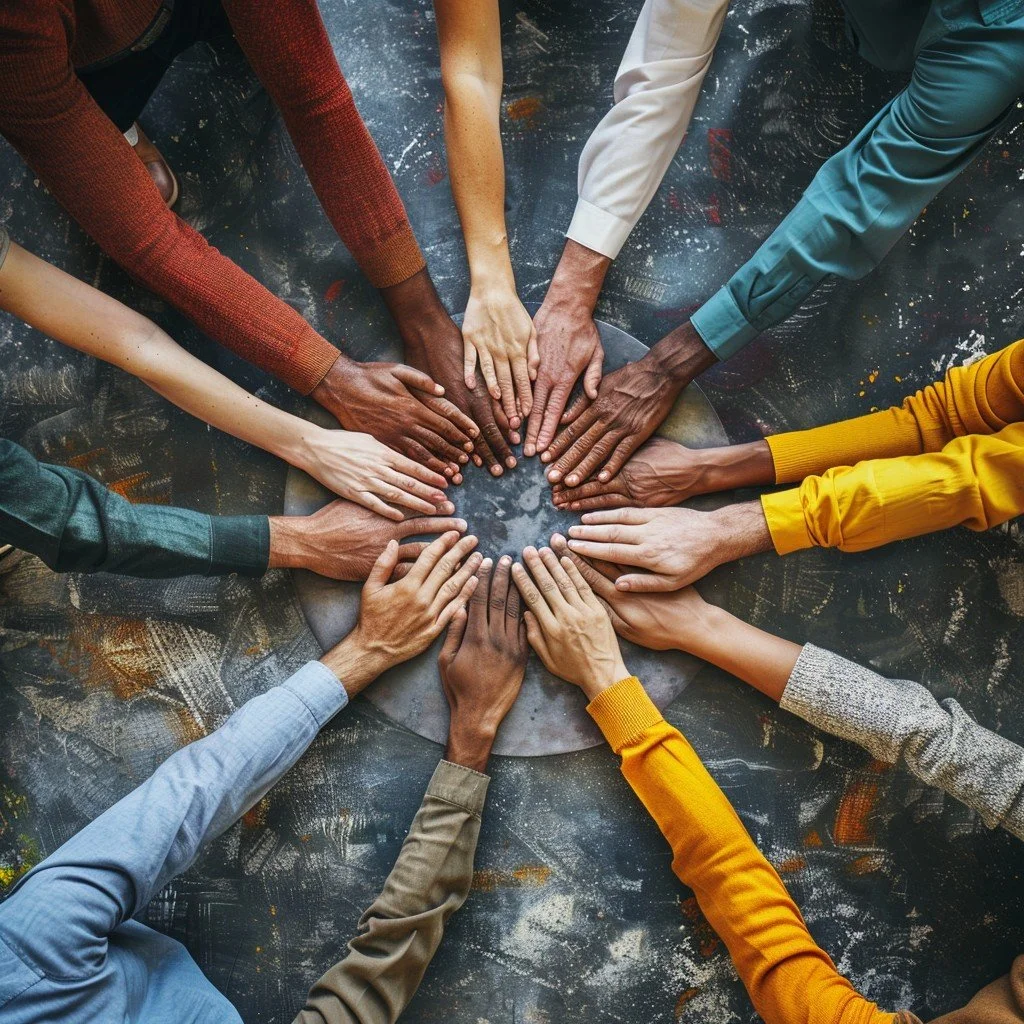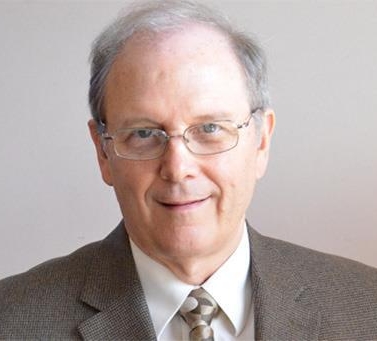TIO Public Square
The Dignity of Difference
by Robert P. Sellers
Jonathan Sacks — Photo: Wikimedia
Jonathan Sacks was Chief Rabbi of the United Hebrew Congregations of the Commonwealth and a member of the British House of Lords. A moral philosopher, he taught at Yeshiva University, New York University and King’s College in London, along the way authoring more than 40 books. He received many awards during his lifetime – including 21 honorary doctorates, the Templeton Prize recognizing his “exceptional contributions to affirming life’s spiritual dimension” and the Grawemeyer Prize in Religion for The Dignity of Difference: How to Avoid the Clash of Civilizations, with its reasoned thesis advocating intercultural appreciation and interreligious dialogue.
THE CLASH OF CIVILIZATIONS
Rabbi Sacks was the first internationally-respected Jewish scholar to address the perspective of Harvard political science professor Samuel P. Huntington, whose 1993 book, The Clash of Civilizations: The Remaking of World Order, posits that “people’s cultural and religious identities will be the primary source of conflict in the post–Cold War world.”
In this new world the most pervasive, important, and dangerous conflicts will not be between social classes, rich and poor, or other economically defined groups, but between peoples belonging to different cultural entities. Tribal wars and ethnic conflicts will occur within civilizations. Violence between states and groups from different civilizations, however, carries with it the potential for escalation as other states and groups from these civilizations rally to the support of their “kin countries”
Huntington’s summary argument sounds like a strategy for “America First” politics. He writes: “The survival of the West depends on Americans reaffirming their Western identity and Westerners accepting their civilization as unique not universal and uniting to renew and preserve it against challenges from non-Western societies.” The greatest threat to the future of the United States, he posits, is multiculturalism, promoted by influential academics and writers in the late 20th century who “have attacked the identification of the United States with Western civilization, denied the existence of a common American culture, and promoted racial, ethnic, and other subnational cultural identities and groupings.” Huntington notes that multiculturalism began to be endorsed in legislation following the Civil Rights Act of 1964, and “in the 1990s the Clinton administration made the encouragement of diversity one of its major goals.”
Opposing this tendency toward affirming multiculturalism were politicians and others who heeded the words of Theodore Roosevelt who had warned, “The one absolutely certain way of bringing this nation to ruin, of preventing all possibility of its continuing as a nation at all would be to permit it to become a tangle of squabbling nationalities.” Yet, Huntington says, in the 1990s that is exactly what multiculturalists did – namely, they promoted the diversity instead of the unity of the United States. Furthermore, they “substituted for the rights of individuals the rights of groups, defined largely in terms of race, ethnicity, sex, and sexual preference.”
If he were commenting today, Huntington might identify – as proof of his theory that group civil liberties are challenging, even nullifying, individual rights – recent political action organizations like Black Lives Matter, Asian Americans for Equality, the Me Too Movement or the Human Rights Campaign for the LGBTQ community. He would probably mention President Trump’s Executive Order of March 1, 2025, declaring English as the official language of the United States. Closely aligned with the “clash of civilizations” playbook is the directive of the White House, issued on that day:
From the founding of our Republic, English has been used as our national language. Our Nation’s historic governing documents, including the Declaration of Independence and the Constitution, have all been written in English. It is therefore long past time that English is declared as the official language of the United States. A nationally designated language is at the core of a unified and cohesive society, and the United States is strengthened by a citizenry that can freely exchange ideas in one shared language
The social scientist would also surely talk about Trump’s Executive Order of January 20, 2025, terminating diversity, equity and inclusion (DEI) programs in all branches of the federal government – a regulation which has now also become a requirement for private, as well as public, institutions. Interestingly, this EO accuses President Biden of forcing these “illegal and immoral discrimination programs” by virtue of his Executive Order 13985, titled “Advancing racial equity and support for underserved communities through the federal government.” In reaction, Trump’s EO 14151 declares: “That ends today. Americans deserve a government committed to serving every person with equal dignity and respect, and to expending precious taxpayer resources only on making America great.”
Photo: StockCake
It is ironic that the stated “Purpose and Policy” of this EO – “serving every person with equal dignity and respect” – is exactly the goal of DEI policies, which are “meant to address historical and systemic disparities based on race, gender, age, ability, and sexual orientation in the workplace.” But the absurdity of this EO, which forbids a policy of the previous administration that accomplishes exactly what this Order claims is its purpose, seems to have escaped the president and his Project 2025 ideologues.
Since its initial positive reception, The Clash of Civilizations has been criticized historically, empirically, ideologically and even logically by many academics. Huntington’s fellow political scientist Paul Musgrave has explained that “few specialists in international relations rely on it or even cite it approvingly.” Indian economist and philosopher Amartya Sen challenged Huntington by noting that "diversity is a feature of most cultures in the world [while] Western civilization is no exception.” Palestinian-born literary critic and professor at Columbia University, Edward Said, panned Huntington’s theory in a 2001 article he titled “The Clash of Ignorance,” where he wrote that the clash of civilizations thesis is an example of “the purest invidious racism, a sort of parody of Hitlerian science directed today against Arabs and Muslims." Furthermore, Noam Chomsky – noted Russian American linguist and public intellectual – criticized the concept as being simply what the United States needed as justification “for any atrocities that they wanted to carry out” after the Soviet Union was no longer a threat.
HOW TO AVOID THE CLASH OF CIVILIZATIONS
But it is the response to Huntington and his theory by Jonathan Sacks which I wish to highlight. He begins his book on The Dignity of Difference with reference to an event at the United Nations on August 28, 2000, where more than 2,000 religious leaders gathered:
It was a dazzling sight. There were the saffron robes of the Tibetan monks, the grey vestments of Japanese Shinto priests, Sufis in their distinctive hats, Sikhs in their turbans, the black robes of the imams, the blue and red sacred clothes of the reindeer people of north Sweden, Native Americans with their eagle bonnets, African priests in purple, Anglicans with their clerical collars and, it seemed, every other conceivable shade and shape of dress. Being there was like walking into a living lexicon of the religious heritage of mankind. Never before had there been such a gathering at the UN. In the great conference chamber normally reserved for politicians debating the issues of the day, here were men and women who devoted their lives not to the noise of now but to the music of eternity, not to the shifting sands of the international arena but to the inner landscape of the human spirit.
The United Nations had designated 2001 as the International Year of Dialogue between Civilizations – without knowing, of course, that the actions of September 11 would crush the hopes of many that distinct civilizations and peoples could ever live peacefully together again. Speaking of the terrorist attack, Sacks wrote: “Nothing could have demonstrated more vividly the vulnerability of our hyperconnected world and the unresolved tensions it contains.”
Yet he was not naïve about the tinderbox realities of our world after 9-11. Rabbi Sacks admits in his 2015 book, Not in God’s Name: Confronting Religious Violence, that
what is best in us and what is worst both come from the same source: our tendency to form ourselves into groups, to think highly of our own and negatively of others. … But the very act of creating an “Us” simultaneously creates a “Them,” the people not like us. Even the most universalistic of religions, founded on principles of love and compassion, have been capable of seeing those outside the faith as Satan, the infidel, the antichrist, the children of darkness, the unredeemed. They have committed unspeakable acts of brutality in the name of God.
While it may seem illogical that religions and their followers can stem the flow of violence – especially because some of the worst acts of cruelty are carried out “in the name of God” – Sacks contends that the test of legitimacy of one’s faith is whether it allows for the dignity of difference.
Can I recognize God’s image in someone who is not in my image, whose language, faith, ideals, are different from mine? If I cannot, then I have made God in my image instead of allowing him to remake me in his. Can Jews, Muslims, Hindus, Sikhs, Confucians, Orthodox, Catholics and Protestants make space for one another in the Middle East, India, Sri Lanka, Chechnya, Kosovo and the dozens of other places in which different ethnic and religious groups exist in close proximity? Can we create a paradigm shift through which we come to recognize that we are enlarged, not diminished, by difference, just as we are enlarged, not diminished, by the 6,000 languages that exist today, each with its unique sensibilities, art forms and literary expressions? This is not the cosmopolitanism of those who belong nowhere, but the deep human understanding that passes between people who, knowing how important their attachments are to them, understand how deeply someone else’s different attachments matter to them also.
Recognizing the dignity of difference in those around us begins in the “Public Square.” It can happen in our neighborhoods, schools, universities, businesses, restaurants, places of worship, parks and other community venues. We may not have the political clout to stop President Trump’s attack on multiculturalism and DEI policies, but we can resist his cruel actions on a local and personal level by affirming those who are not like ourselves and by acknowledging their inherent value. Those who are different than ourselves should intrigue and fascinate us, stimulate our thinking and challenge our assumptions, enrich our conversations and make us better people.
Our appreciating the dignity of difference in those around us will not stop the clash of civilizations but if, by our words and actions, we can oppose the “us versus them” mentality in our society, if we can allow our various religious faith teachings to take root in our hearts and if we can celebrate the diversity that made our country great, then we will have done our part in changing the future.
Header Photo: GoodFon




